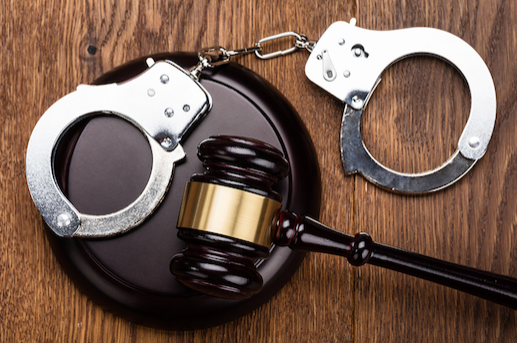Underage Drinking and The Law
Underage drinking and Social Hosting is against the law.
Both can have serious impacts on our youth, families, and the broader community.
 In the Massapequas:
In the Massapequas:
- Youth (grades 11/12) report adults and youth supply alcohol:
- I got it from someone I know under the age of 21 (36%)
- I got it from someone I know age 21 or older (32%)
- I got it at home with my parent’s permission (21%)
- I got it from home without my parents’ permission (17%)
- Youth (grades 11/12) report drinking alcohol in the past year:
- 69% at someone else’s home
- 38% at their home
- 22% at an open area (park, beach, field, woods or street corner)
- 17% at a sporting event or concert
- 13% at a restaurant, bar or nightclub
In the Massapequas, 10% of high school students who drive (grades 11/12) have reported driving after drinking alcohol, which puts themselves, their friends, and our community at risk. *
*New York Partnership for Success Student Survey: Massapequa Union Free School District (Grades 7-12)
Nassau County Social Host Law
It is important to be aware that providing alcohol, marijuana, or opioids to individuals under the age of 21, or allowing them to consume or possess these substances on your property, is prohibited by law. Anyone over the age of 18 can be held responsible under the Social Host Law if they knowingly permit a person under 21 to remain on their property while using or possessing these substances. A violation of the Social Host Law is classified as a misdemeanor, and a conviction could result in fines and penalties, along with a permanent criminal record. Understanding and adhering to these regulations helps promote a safe and responsible environment for all.
- 1st offense is subject to a fine of $250;
- 2nd offense is subject to a fine of $500; and the
- 3rd offense and future offenses are subject to a fine of $1000 and/or up to a year in jail.
By following the Social Host Law, individuals over the age of 18 help promote responsible behavior and can avoid potential financial responsibility for any damages or injuries related to underage drinking or drug use.
Violations can affect personal and professional relationships. It's important to consider how actions might impact community perceptions and future opportunities.
Click here to learn more.
New York State Zero Tolerance Law
Effective Nov. 1, 1996, it is a violation of law for a person under the age of 21 to consume alcohol and operate a motor vehicle. The law states that any individual under the age of 21 who is caught operating a motor vehicle with a Blood Alcohol Concentration (BAC) of .02 of 1% or more, but not more than .07% of 1%, will be guilty of a “zero tolerance” violation. This law is designed to promote safety and reduce the risks associated with impaired driving.
New York State Good Samaritan Law
In New York State, individuals who seek help in good faith for themselves or someone else in a life-threatening emergency are offered protection from prosecution for drug or alcohol-related offenses, including possession of drug paraphernalia, with certain exceptions. This protection does not apply to offenses such as drug trafficking, sale, obstruction of law enforcement, or possession of large quantities of controlled substances or marijuana. The law is designed to encourage people to seek timely help in emergencies without fear of legal consequences.
Click here to learn more.
New York State Laws Against Driving While Intoxicated
Driving under the influence of alcohol or drugs is illegal in New York and can have serious consequences, not only for you or your child but also for the community. It's important to understand the risks and responsibility involved in operating a vehicle while impaired.
A recent survey shows that 10% of Massapequa Youth (grades 11/12) reported driving after consuming alcohol in the past 30 days. This highlights the need for open conversations about the dangers of driving under the influence. Take the opportunity to talk with your child about the laws and potential consequences, helping them make safe and responsible choices that protect their future and your family’s well-being.
Click here to learn more about the NYS Law Consequences of DWI.
New York State Leandra's Law (Child Passenger Protection Act)
Leandra's Law was named in memory of Leandra Rosado, an 11-year-old girl tragically killed while riding in a car with the intoxicated mother of one of her friends. In response to this tragedy, the New York State Legislature amended the Vehicle and Traffic Law (VTL), making it a Class E felony for first-time offenders who drive while intoxicated (with a Blood Alcohol Content [BAC] of 0.08 or higher) or impaired by drugs with a child passenger aged 15 or younger. Those convicted can face up to 4 years in prison.
Click here to learn more.
The Developing Teen Brain >>
Alcohol and Health >>